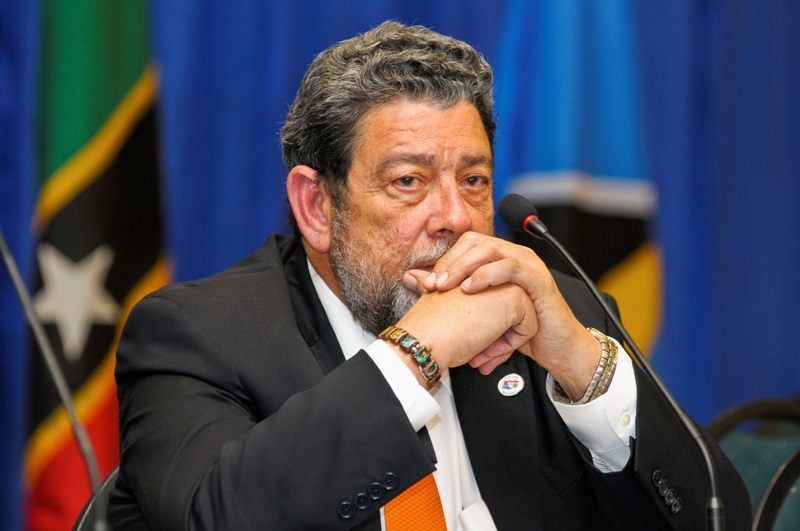The International Press Institute (IPI) yesterday joined human rights defenders in a call on St. Vincent and the Grenadines to repeal a new cybercrime law that they said poses “a serious threat to freedom of the press, the free flow of online information, and public debate”.
The new law, which the Caribbean nation’s Parliament approved on Friday, broadens existing criminal defamation provisions to include online expression and adds vague and subjective definitions of “cyber-harassment” and “cyber-bullying”, which carry potential prison terms.
IPI previously called on lawmakers to reject the measure, warning that “this bill, as currently framed, opens a back door to silencing unwanted opinions or punishing journalistic work that makes people, especially politicians, uncomfortable”.
The full text of the call, which was endorsed by 22 groups and originally was posted on the website of IFEX, appears below.
Cybercrime law adopted in Saint Vincent and Grenadines is fundamentally flawed
15 August 2016
We the undersigned organisations defending freedom of the press and access to information are deeply concerned by the cybercrime law adopted today in Saint Vincent and the Grenadines. Several provisions of this bill pose a serious threat to freedom of the press, the free flow of online information, and public debate.
Defamation in print, written and broadcast media is punishable by up to two years’ imprisonment under Saint Vincent’s penal code, pre-dating the adoption of the Cybercrime Law, but the new legislation extends criminal defamation to online content.
In addition to broadening criminal defamation to include online expression, the law also introduces worryingly vague and subjective definitions of cyber-harassment and cyber-bullying, both of which are punishable by imprisonment.
The negative value and chilling effect that criminal defamation places on freedom of expression and of the press have been well noted at the local, regional and international level, and states have been repeatedly called on to abolish criminal defamation laws. The issue of criminal defamation has particular importance in the Caribbean, where a similar law was adopted in Grenada in 2013 and subsequently amended after international outcry. Trinidad and Tobago and Guyana are currently considering similar legislation now under critical review by national, regional, and international stakeholders.
The steps taken today in Saint Vincent and the Grenadines to strengthen criminal defamation laws and stifle online dissent and discussion could reverse the positive legislative trend in the Caribbean and serve as a negative example for Saint Vincent’s regional neighbors. It is therefore our view that the law as adopted today must be revised and criminal defamation must be abolished, and we urge the government of Saint Vincent and the Grenadines to do so as soon as possible.
Signed,
Association of Caribbean Media Workers
Committee to Protect Journalists
International Press Institute
Reporters Without Borders
Canadian Journalists for Free Expression
Center for Independent Journalism – Romania
Center for Media Freedom and Responsibility
Electronic Frontier Foundation
Freedom Forum
Human Rights Network for Journalists – Uganda
Independent Journalism Center – Moldova
Index on Censorship
Institute for the Studies on Free Flow of Information
Media, Entertainment and Arts Alliance
Media Rights Agenda
Pacific Freedom Forum
Pakistan Press Foundation
Palestinian Center for Development and Media Freedoms – MADA
PEN American Center
PEN Canada
PEN International
Vigilance pour la Démocratie et l’État Civique
